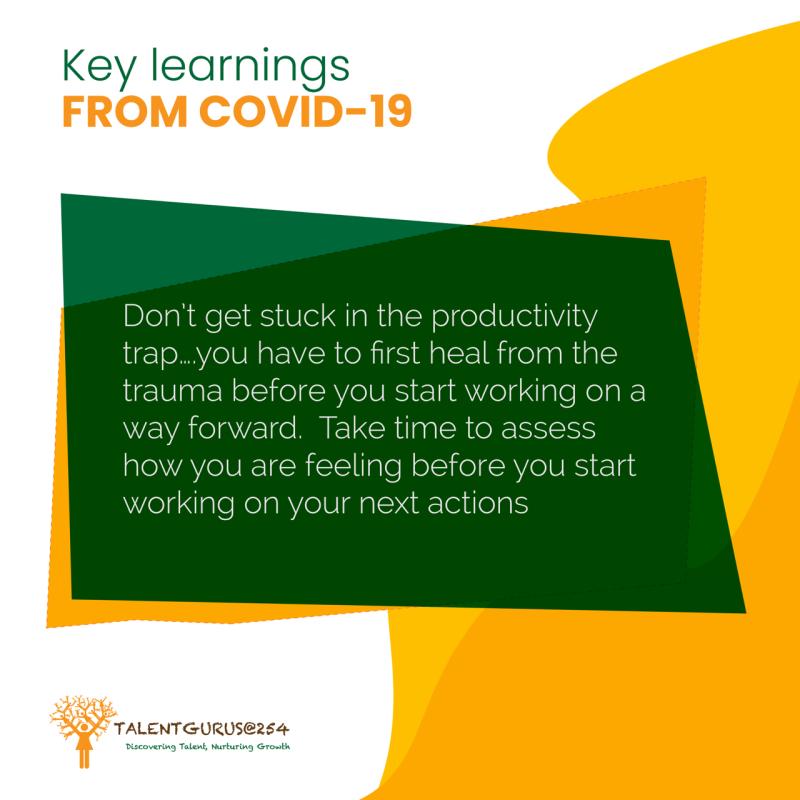If you don’t like your job, you are not alone. According to a massive report released yesterday by Gallup, the Washington, D.C.-based polling organization, there are twice as many “actively disengaged” workers in the world as there are “engaged” workers who love their jobs.
Since the late 1990s, Gallup has been measuring international employee satisfaction through a survey it has been honing over the years. In total it has polled 25 million employees in 189 different countries. The latest version, released this week, gathered information from 230,000 full-time and part-time workers in 142 countries.
Overall, Gallup found that only 13% of workers feel engaged by their jobs. That means they feel a sense of passion for their work, a deep connection to their employe and they spend their days driving innovation and moving their company forward.
The vast majority, some 63%, are “not engaged,” meaning they are unhappy but not drastically so. In short, they’re checked out. They sleepwalk through their days, putting little energy into their work.
A full 24% are what Gallup calls “actively disengaged,” meaning they pretty much hate their jobs. They act out and undermine what their coworkers accomplish.
Add the last two categories and you get 87% of workers worldwide who, as Gallup puts it, “are emotionally disconnected from their workplaces and less likely to be productive.” In other words, work is more often a source of frustration than one of fulfillment for nearly 90% of the world’s workers. That means that most workplaces are less productive and less safe than they could be and employers are less likely to create new jobs.
To do its engagement tally, Gallup put together a list of 12 statements. I’ll list them here and you can see how you measure up:
1. I know what is expected of me at work
If you don’t like your job, you are not alone. According to a massive report released yesterday by Gallup, the Washington, D.C.-based polling organization, there are twice as many “actively disengaged” workers in the world as there are “engaged” workers who love their jobs.Since the late 1990s, Gallup has been measuring international employee satisfaction through a survey it has been honing over the years. In total it has polled 25 million employees in 189 different countries. The latest version, released this week, gathered information from 230,000 full-time and part-time workers in 142 countries.
Overall, Gallup found that only 13% of workers feel engaged by their jobs. That means they feel a sense of passion for their work, a deep connection to their employe and they spend their days driving innovation and moving their company forward.
The vast majority, some 63%, are “not engaged,” meaning they are unhappy but not drastically so. In short, they’re checked out. They sleepwalk through their days, putting little energy into their work.
A full 24% are what Gallup calls “actively disengaged,” meaning they pretty much hate their jobs. They act out and undermine what their coworkers accomplish.
Add the last two categories and you get 87% of workers worldwide who, as Gallup puts it, “are emotionally disconnected from their workplaces and less likely to be productive.” In other words, work is more often a source of frustration than one of fulfillment for nearly 90% of the world’s workers. That means that most workplaces are less productive and less safe than they could be and employers are less likely to create new jobs.
To do its engagement tally, Gallup put together a list of 12 statements. I’ll list them here and you can see how you measure up:
- I know what is expected of me at work
- I have the material and equipment I need to do my work right.
- At work, I have the opportunity to do what I do best every day.
- In the last seven days, I have received recognition or praise for doing good work.
- My supervisor, or someone at work, seems to care about me as a person.
- There is someone at work who encourages my development.
- At work, my opinions seem to count.
- The mission or purpose of my company makes me feel my job is important.
- My associates or fellow employees are committed to doing quality work.
- I have a best friend at work.
- In the last six months, someone at work has talked to me about my progress.
- This last year, I have had opportunities at work to learn and grow.
In the report, Gallup breaks the numbers down geographically. The findings are striking if not surprising. I won’t run through all 142 countries, but here is a sampling.
The highest levels of disengagement, what I’ll call people who hate their jobs, are in the Middle East and North Africa. Given the civil war in Syria it seems predictable that 45% of people would be desperately unhappy at work. But in Algeria (53%) and Tunisia (54%), workers are even unhappier. As far as happy workers in those countries, Syria had zero, Algeria had an impressive 12% and Tunisia just 5%. Qatar made the best showing, with 28% happy, 62% mildly unhappy and 10% hating their jobs. I would have thought that Israel would have more happy workers but only 6% are engaged, 73% are checked out and 22% hate their work.
The lowest proportion of happy workers is in East Asia, where, overall, just 6% of workers are engaged. That number holds for China, where only 6% of employees are happy in their jobs. Some 68% are checked out and 26% are very unhappy. I find the numbers for Japan surprising. I would have thought there were more happy workers there but only 7%, just one percentage point better than China, are happy in their work. Sixty-nine percent are not engaged and 24% hate their jobs .
In Latin America, the biggest economy, Brazil, has the happiest workers. An impressive 27% are engaged. Still, 62% are disengaged and 12% really don’t like their work.
Brazil’s numbers are better than any country in Western Europe. For instance, in France only 9% really like their jobs, 65% are checked out and 26% are very unhappy. Germany is a bit better, with 15% happy, 61% not engaged and 24% actively disengaged.
It turns out the U.S. has some of the best numbers in the world, with 30% happy in their work, 52% feeling blah and 18% who hate their jobs. Those numbers are not what we would want but they are better than most places.
Where do the happiest workers live? Panama, where 37% love their jobs, 51% are not engaged and 12% are very unhappy.
What to do with all of this information? Gallup has written 120 pages laying out lots of ideas. It also slices the data in various ways, most of which are not surprising. Educated workers tend to be happier then uneducated ones, for instance.
The most obvious fix for unhappy workers goes back to the 12 questions. Communicate with your workers, telling them what you expect of them, praise them when they do well, encourage them to move forward. Give them the tools they need and the opportunity to feel challenged. For workers the trick is to find an employer that is paying attention to those questions.
by FORBES.COM


